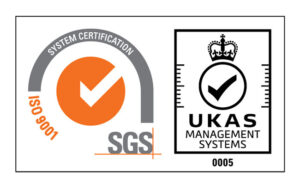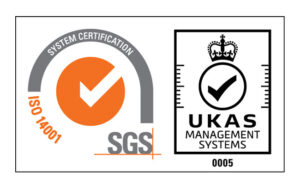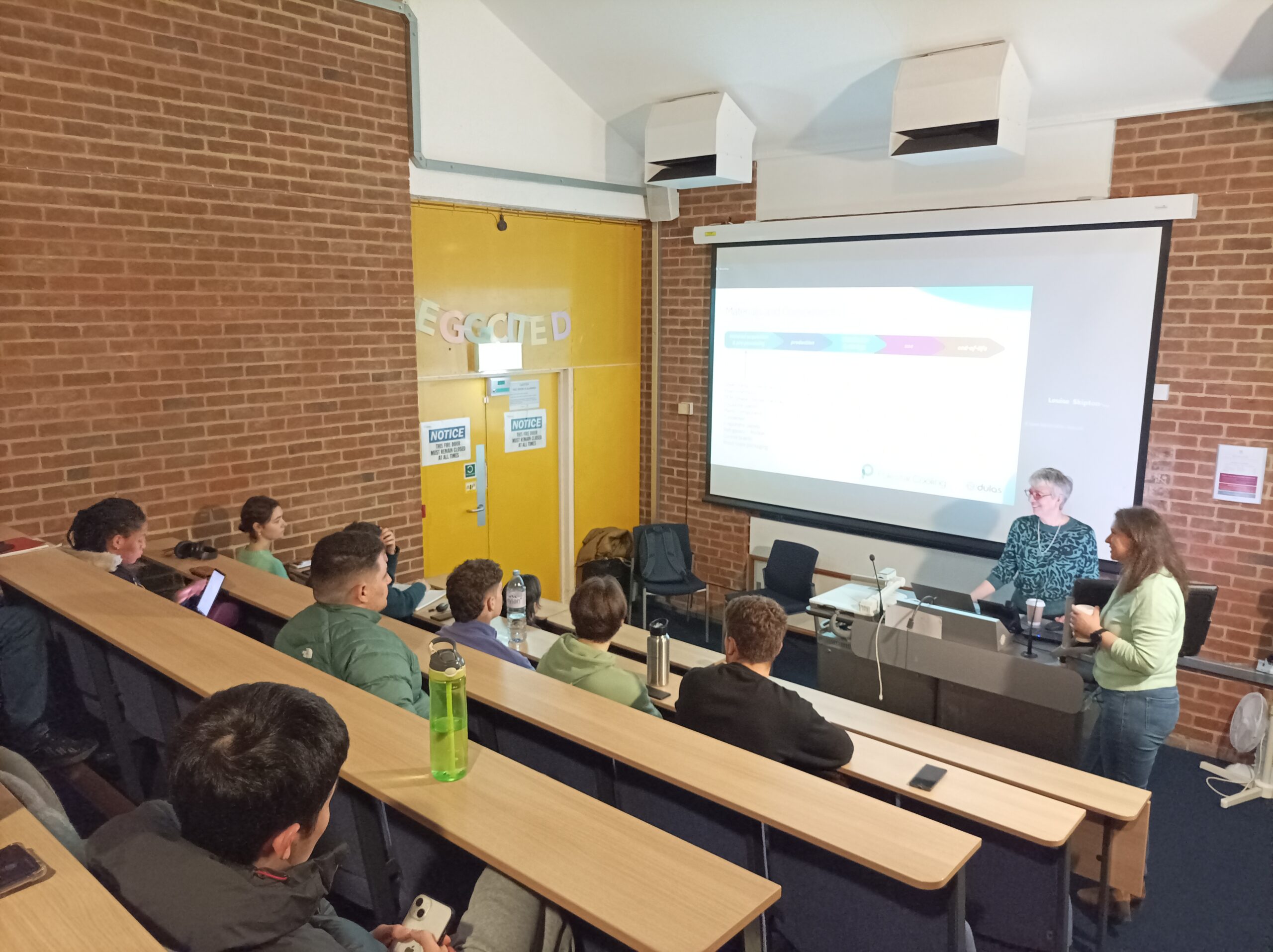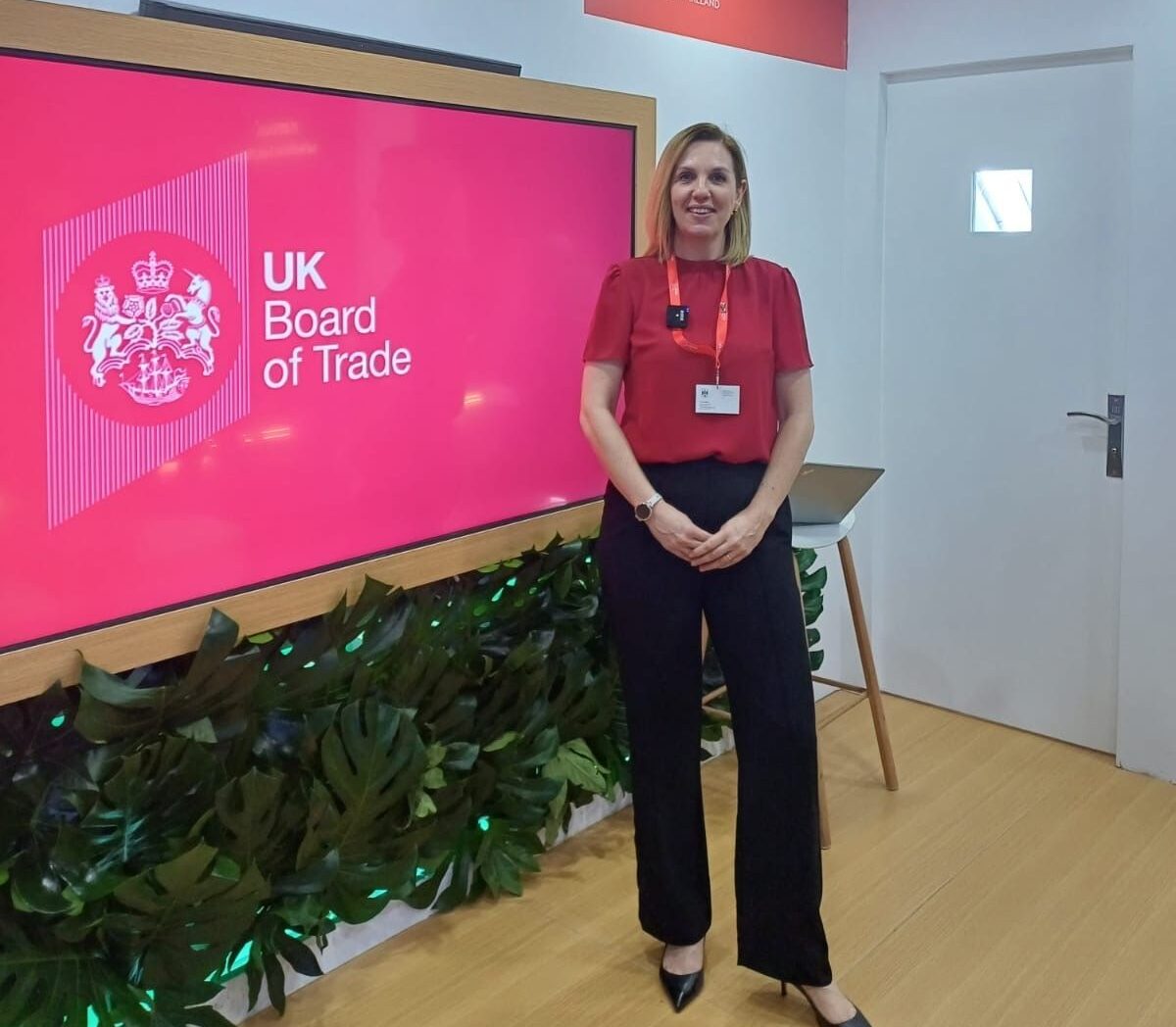This year, UNICEF’s annual report, The State of the World’s Children, focuses exclusively on immunisation for the first time. Immunisation takes centre stage because there is grave concern that 67 million children missed out on life-saving vaccinations during the COVID-19 pandemic. It’s estimated that in just three years, the world lost more than a decade of progress that had been made towards ensuring that every child has access to routine vaccinations, and some preventable diseases that were close to being eradicated, such as polio, are now re-emerging. This year’s report looks at what needs to happen to reach the world’s most vulnerable children with vaccines, including those that were missed in the pandemic years.
Primary care infrastructure is essential
Childhood vaccination is most often part of routine maternal and child health services provided by trained professionals in primary healthcare facilities. However, in many lower-income countries there are limited numbers of adequately funded primary healthcare facilities, and where they do exist, many operate with limited resources. Many governments also struggle to maintain the trained workforce required to provide healthcare – including immunisation – to communities. Routine vaccination is even harder in countries with sustained periods of conflict – Yemen being a prime example.
Yemen: Conflict has reversed years of successful vaccination campaigns
For decades, a strong government campaign and a robust health system in Yemen meant that rates of childhood vaccination were amongst the best in the region, but years of conflict in the region has changed all that and vaccination programmes have suffered as a result.
This has led to multiple and ongoing outbreaks of vaccine-preventable disease such as measles, polio and diphtheria. Since 2021, children have been affected by the ongoing polio outbreak, this disease has also spread to other countries in the region. Yemen also recorded a record number of measles cases in 2022, and this trend is continuing throughout 2023. Yet still, health workers on the ground are working incredibly hard to change all this.
Women: Often the first line of defence in primary health care delivery
In Yemen, it is women who provide most of the work around immunisation, as they are more likely to be culturally and socially accepted by communities and allowed access to homes, according to Saadia Farrukh, UNICEF Yemen Health Manager.
Ghada Ali Obaid is one such woman. A trained midwife, she walks the hallways of Dar Sa’ad Medical Compound, counselling mothers on the benefits of vaccinating their children. As Head of Immunisation at the health centre in the Dar Sa’ad district of Aden, Ghada also takes to the streets to reach out to children who might otherwise miss out on vaccines against preventable diseases. Outreach programmes (where health workers based at primary care health centres conduct campaigns door-to-door, vaccinating children within their homes), have been found to be one of the most effective ways of increasing coverage. In June 2022, Ghada was part of a response to a measles outbreak in Yemen. The immunisation campaign reached over 1.2 million children aged between 6 months and 10 years, providing vaccinations against measles and rubella.
For Ghada, it has been a calling; “Over the past 11 years, a big part of my role has been helping Yemenis to understand that many diseases and epidemics could be eliminated, and the mortality and morbidity rates could be reduced. The essence of our work is saving people’s lives and reducing the suffering of women and children. Personally, this is the most significant indicator of success in my work and life.”
The work has its challenges. The health centre lacks medical staff, especially midwives, and as trained medical staff leave, they are often replaced by volunteers who need training. When going door-to-door, Ghada contends with the heat, unreliable electricity sources and distant locations. Find out more about Ghada’s work in this video where she can be seen using a Dulas refrigerator to store the vaccines.
Cold chain infrastructure is essential for vaccine delivery
Solar Direct Drive (SDD) refrigeration systems have had a significant impact on vaccine delivery in countries like Yemen, where electricity supply can be disrupted. SDDs can keep vaccines at the appropriate temperature, without the need for batteries or a national electricity grid. Since 2017, UNICEF and partners have delivered over 140,000 refrigerators to 113 countries, of which 46 per cent were solar-powered.
Dulas has worked in Yemen for over 25 years, supplying thousands of solar refrigerators to support the immunisation needs of the Ministry of Health. In fact, our solar refrigerators were developed back in 1984 to specifically tackle the complexities of delivering vaccinations in remote and war-torn communities. In Yemen, we work with local partners, who are available on the ground for routine maintenance and aftercare of our solar refrigerator systems.
The big catch-up
Reaching children who have missed out on vaccinations will require strong primary healthcare infrastructure, as well as women like Ghada, who go above and beyond the call of duty every day to ensure that vulnerable children have access to life-saving vaccines. Against a backdrop of conflict and widespread shortages of food and medicine, the challenge is daunting, but agencies such as WHO and UNICEF are working tirelessly to ensure that no child is left behind. Dulas has another shipment of vaccine refrigerators leaving for Yemen very soon – we hope they go some way in helping to stem the outbreaks of disease and lessening the urgent health crisis faced by Yemen right now.








